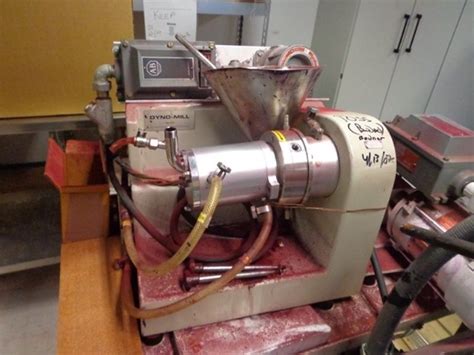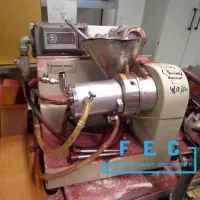Media mills, also known as media factories or media conglomerates, refer to large corporations that own and control multiple media outlets across various platforms. These outlets can include television networks, radio stations, newspapers, magazines, film studios, and online platforms. Media mills have a significant influence on the production, distribution, and consumption of media content. One of the key characteristics of media mills is their concentration of ownership. A few major corporations dominate the media landscape, resulting in limited diversity and competition. This concentration of power can have both positive and negative effects. On one hand, media mills can invest in high-quality content, provide extensive coverage, and offer a wide range of choices for consumers. On the other hand, they can also prioritize profit over public interest, leading to biased reporting, sensationalism, and a lack of diverse perspectives. Media mills often face criticism for their potential to shape public opinion and control the flow of information. Critics argue that the concentration of ownership can lead to a homogenization of media content, limiting the representation of marginalized voices and alternative viewpoints. Additionally, media mills may prioritize commercial interests, resulting in the prioritization of entertainment and profit-driven content over more substantive journalism. In recent years, the rise of digital media has disrupted the traditional media landscape, allowing for more decentralized and independent sources of information. However, media mills still hold significant power and continue to play a crucial role in shaping public discourse and influencing societal norms.
mills : media mills Manufacturers

Dyno-Mill
Dyno-Mill is a renowned company specializing in the manufacturing of media mills, specifically known
Filter
Main Categories
Categories
Sub Categories
Year of Construction
Manufacturers
Models
Locations
Serial number
Material of construction
Jacketed

WAB Dyno-Mill, Type KDL, S/S
Used WAB Dyno-Mill, model KDL, stainless steel jacketed chamber, explosion proof design, serial# 941132
Dyno-Mill - KDL
